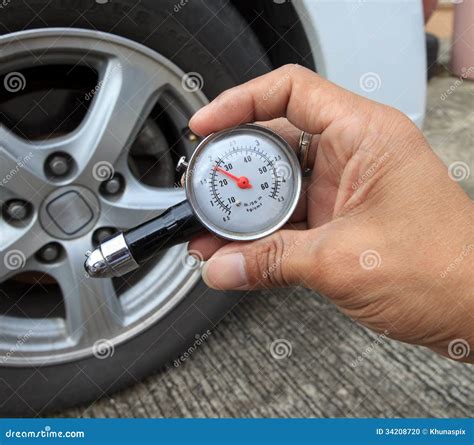Understanding Your Car’s Fuel Consumption
In today’s economy, every drop of fuel counts. Improving your car’s fuel efficiency, commonly measured in Miles Per Gallon (MPG), isn’t just good for your wallet; it’s better for the environment too. Many factors influence how much fuel your car consumes, including driving habits, vehicle maintenance, and even the type of journeys you make. By understanding and optimizing these elements, you can unlock significant monthly savings and reduce your carbon footprint.

Driving Habits: The Ultimate MPG Booster
Your driving style has the most immediate and profound impact on fuel consumption. Adopting a few simple techniques can dramatically improve your MPG.
Smooth Acceleration and Braking
Aggressive driving – rapid acceleration and hard braking – is a major fuel guzzler. Accelerate gently and anticipate traffic lights and stops so you can coast more often. Smooth transitions use less fuel and put less strain on your engine and brakes.
Maintain a Steady Speed
Fluctuating speeds burn more fuel. On highways, use cruise control to maintain a consistent speed, ideally within the eco-driving sweet spot of 50-60 mph, where most cars achieve their best MPG.
Anticipate Traffic and Road Conditions
Look far ahead for traffic, traffic lights, and curves. By anticipating changes, you can adjust your speed gradually, avoiding sudden acceleration or braking that wastes fuel.
Avoid Idling
If you’re going to be stopped for more than 30 seconds (excluding traffic), it’s generally more fuel-efficient to turn off your engine and restart it when ready to go. Modern cars are designed for frequent starts.

Vehicle Maintenance: Keeping Your Car Lean and Mean
A well-maintained car runs more efficiently. Regular check-ups and simple fixes can prevent fuel wastage.
Check Tire Pressure Regularly
Underinflated tires increase rolling resistance, forcing your engine to work harder and consume more fuel. Check your tire pressure at least once a month, ensuring they are inflated to the manufacturer’s recommended PSI, usually found on a sticker in the driver’s door jamb or owner’s manual.

Keep Up with Oil Changes
Clean, properly-viscous engine oil reduces friction in the engine, allowing components to move more freely and efficiently. Follow your manufacturer’s recommendations for oil change intervals and type.
Replace Air Filters
A clogged air filter restricts airflow to the engine, making it work harder to draw in air for combustion. A clean air filter ensures your engine gets the oxygen it needs to burn fuel efficiently.
Check Spark Plugs
Worn or dirty spark plugs can lead to misfires, wasting fuel. Ensuring they are in good condition promotes efficient combustion.
Smart Practices Beyond the Engine
Even small changes to how you use and load your car can impact fuel consumption.
Reduce Excess Weight
The heavier your car, the more fuel it needs to move. Remove unnecessary items from your trunk and cabin. Every extra pound adds to your car’s workload.
Minimize Aerodynamic Drag
Roof racks, cargo carriers, and even driving with windows open at high speeds create drag, increasing fuel consumption. Remove external accessories when not in use and keep windows closed on highways.

Plan Your Routes Efficiently
Combine errands into one trip, avoiding multiple cold starts which use more fuel. Use navigation apps to find the most efficient routes, avoiding heavy traffic and construction.

Conclusion: Small Changes, Big Savings
Boosting your car’s MPG and saving money on fuel doesn’t require drastic measures. By adopting smarter driving habits, staying on top of routine maintenance, and making conscious decisions about how you use your vehicle, you can significantly reduce your monthly fuel expenses. These hacks are not just about saving finance; they’re about fostering a more efficient and sustainable driving culture for everyone.




